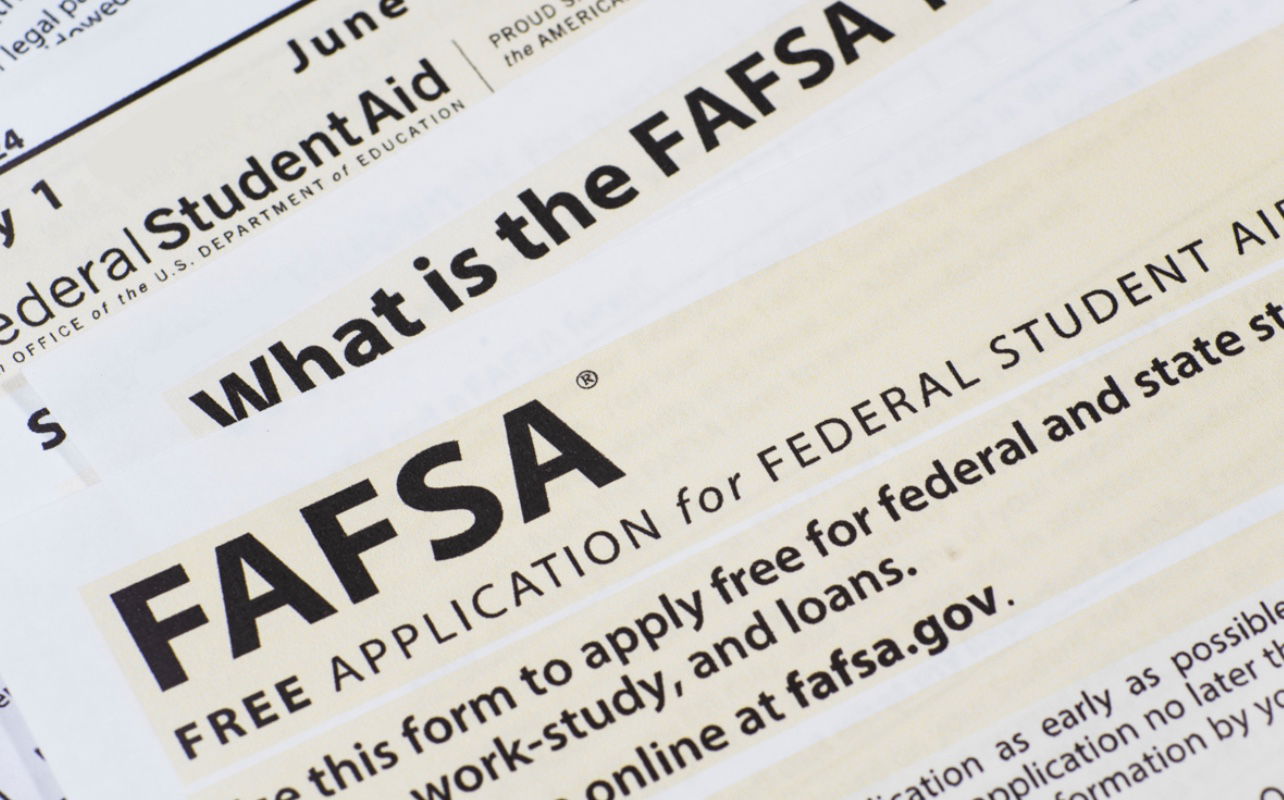
March 18, 2024
FAFSA Applications Plummet Prompting Concerns For Student Aid
The Free Application for Federal Student Aid cycle is in disarray.
A stark decline in Free Application for Federal Student Aid (FAFSA) applications is raising fears that many students may miss out on vital financial assistance, thanks to a disastrous rollout by the Department of Education.
The Hill reports that as of March 17, only 5.9 million students have applied for FAFSA thus far. At this time last year, nearly 9 million 2023–24 FAFSA forms were submitted.
“I do think that because the FAFSA became available so much later than it did in a normal year and there were so many glitches at the beginning of the process that needed to be resolved, some of those folks who would normally file a FAFSA earlier in the process may have decided to set it aside temporarily,” Karen McCarthy, vice president for public policy and federal relations at the National Association of Student Financial Aid Administrators, said, according to The Hill.
National College Attainment Network (NCAN) reported a 34 percent decrease in FAFSA applications from high school seniors compared to the previous cycle, leaving advocates grappling with a compressed time frame to connect students with crucial financial aid.
Under Department of Education watch, technical difficulties marred the FAFSA application process, with limited availability and delayed data transmissions to schools causing widespread frustration among applicants.
Republican lawmakers have requested an investigation into the matter, while Democrats seek assurances from the Department of Education to mitigate the effects of the delays on families, especially low-income students.
The end of June looms as a crucial juncture in determining the trajectory of FAFSA application numbers. Bill DeBaun, senior director of data and strategic initiatives at NCAN stressed the importance of proactive measures to salvage the cycle. “Doing what we have done in previous years is not going to be enough this FAFSA cycle to get us the results that we need,” DeBaun emphasized.
As the rollout progresses, the focus now shifts to colleges’ ability to process FAFSA data efficiently, with hopes pinned on smooth operations to facilitate timely aid offers for students.
RELATED CONTENT: Families of Incoming College Kids are Fed up with FAFSA Delay